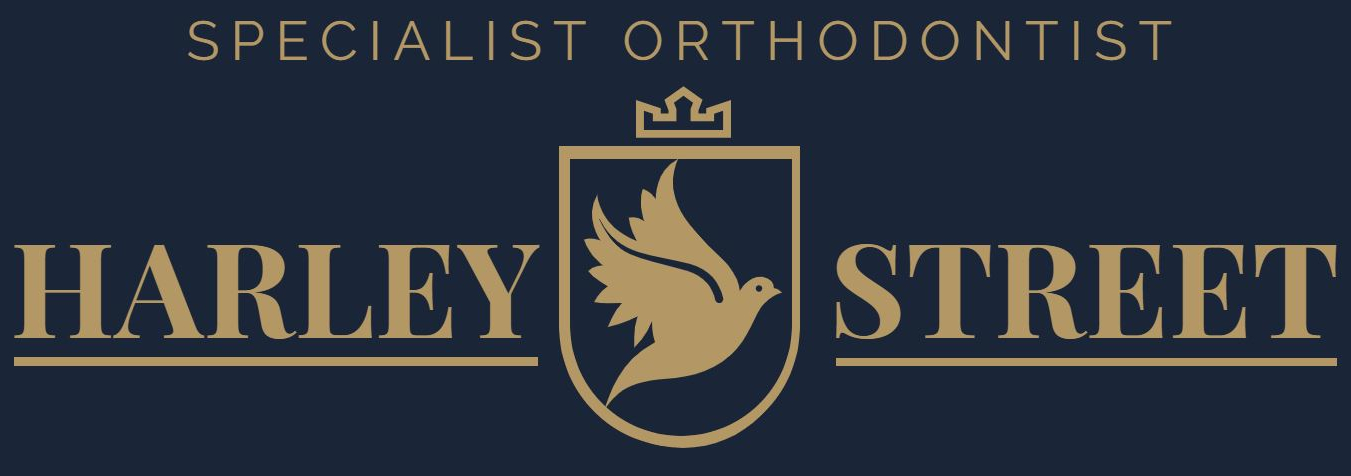How to Care for Your Teeth With Braces
There are several highly recommended of ways of caring for your teeth when you have braces fitted. The first and foremost recommendation is to continue brushing your teeth twice daily. Regular brushing promotes good oral hygiene and brushing is essential for preventing other dental problems such as bad breath, discoloured teeth, decay or gum disease. Brushing teeth, with or without braces, is the most effective way of combatting any problems with oral health.
Another effective measure is using interdental brushes as well as your regular toothbrush. Interdental brushes are smaller, finer brushes which can help loosen and remove trapped food particles that ordinary toothbrushes might not. These brushes get under the wires of braces and will also get to the harder places in your teeth to ensure you maintain a good standard of oral hygiene. You can purchase interdental brushes from any reputable supermarket or health care shop. They are easy to use and are a cost-effective way of maintaining your oral health.

You can also use dental floss and mouthwash to improve your dental hygiene routine. Like interdental brushes, both floss and mouthwash add to your oral hygiene routine and will help keep your teeth and braces as well maintained as possible. Interdental brushes, floss and mouthwash can also all help reduce the chances of mouth ulcers developing. Make sure you use a mouthwash that contains fluoride, as this helps reduce your risk of tooth decay.
On the topic of fluoride, it can also be beneficial to use a toothpaste with higher levels of fluoride, which helps to remove build-up of plaque on the teeth. When you are wearing braces this build-up of plaque can be harder to counter, so it’s important to take extra steps to keep your smile healthy. One last thing to remember to do is to give your teeth one last glance to ensure you haven’t missed anything around the braces. It takes just a few seconds to make sure your smile is just the way you want it to be.

It is important to monitor your diet while you are wearing braces. Sugary foods and drinks are infamous for being bad for your smile, which is especially true when wearing braces where the sugar particles can get trapped against your teeth. No matter whether you’re wearing braces, it’s important to consume a balanced diet. However, take some time to make sure that the food that you’re eating is soft or in small pieces. Hard or sticky foods can cause damage to your braces, meaning your treatment will take longer.
If your favourite food is crunchy or hard food such as raw vegetables or fruits, it might be best to enjoy them in a different way such as grating raw carrot or cutting apples into thin slices. In summary: a balanced diet consisting of small and soft foods and avoiding sugar, will help keep your braces and teeth healthy during your treatment.
Side Effects and Considerations With Braces
Braces can help with a number of dental problems. However, like with any other dental treatment, there are a number of things to bear in mind before you begin straightening your teeth with braces. You might experience some discomfort after braces have been tightened. The wires on braces need tightening every 4-6 weeks to gradually move teeth into position which can cause some discomfort, soreness and tenderness in the gums after being adjusted. Anti-inflammatory pain killers such as Ibuprofen can help to ease the pain.
During this time, it’s important to keep up good proactive care with brushing, use of interdental brushes and rinsing with mouthwash which will help prevent the build-up of bacteria. Sometimes, the brackets or wires might become loose which may irritate your gums, cheeks or lips. In these cases, it’s important to contact your orthodontist for an appointment, so they can retighten the brackets or wires.

One of your main considerations when deciding whether or not to have a brace fitted is whether you will need to have any teeth extracted. A decision to remove a tooth is not taken lightly, and if made, it will either be to create room in the gum to allow for tooth realignment to achieve your perfect smile or to ease overcrowding for healthy future growth. Your orthodontist will let you know if this is required.
There are two types of extraction, a simple extraction under local anaesthetic for exposed teeth and a surgical extraction for teeth that are below the gum line. Any pain resulting from an extraction can be managed by using anti-inflammatory pain killers for a few days. Ice packs will also help to reduce swelling as will any cold food such as ice cream. Soft foods are advised following a tooth extraction such as scrambled eggs, mashed potato, yoghurt, soups and broths.
Mouth ulcers can occasionally develop, and these are essentially are a sore on the inside of the mouth which may cause pain and discomfort. They occur usually because there has been some kind of trauma such as accidently biting the tongue, cheek or lip. Braces can also cause mouth ulcers because they rub against the inside of the mouth. The other factors likely to cause mouth ulcers are stress, poor nutrition or ill health and micronutrients deficiencies in vitamin B12, folic acid and iron.
Use of interdental brushes and wax strips will reduce the risk of mouth ulcers developing. Mouth ulcers can be painful and uncomfortable so using a good mouthwash will help prevent them occurring when used. Wax strips also provide a protective barrier between your brace and teeth. Make sure you keep up with your dental hygiene routine, as trapped food can also cause mouth ulcers.
Why Choose a Specialist Orthodontist?
Specialist orthodontists are dentists who have more training and experience providing orthodontic treatments such as Invisalign. Patients that receive orthodontics from a specialist find that their treatment is of higher quality, they finish treatment much sooner, and the level of care they receive is much higher.
Book a Consultation
Do you wish you had straighter teeth? If so, send a WhatsApp message by clicking here or complete the contact form below to arrange a free online consultation with our orthodontist and learn more about what we can do for you.


